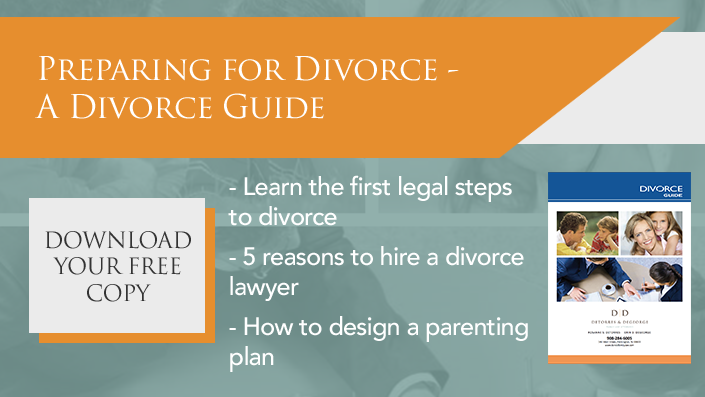 There are countless reasons a couple may choose to file for divorce. In New Jersey, adultery, extreme cruelty, abandonment and addiction are some of the legal options. However, if your goal is to finalize your divorce quickly and effectively, your best option is to file under the irreconcilable differences cause of action, which does not require that you prove that one party was at fault for the divorce. Filing under irreconcilable differences does not guarantee that you will not have to engage in extensive litigation to finalize your case, but it will save you the time and energy that’s often required to prove fault. It also allows you to focus on the more important issues in your divorce: your children and finances.
There are countless reasons a couple may choose to file for divorce. In New Jersey, adultery, extreme cruelty, abandonment and addiction are some of the legal options. However, if your goal is to finalize your divorce quickly and effectively, your best option is to file under the irreconcilable differences cause of action, which does not require that you prove that one party was at fault for the divorce. Filing under irreconcilable differences does not guarantee that you will not have to engage in extensive litigation to finalize your case, but it will save you the time and energy that’s often required to prove fault. It also allows you to focus on the more important issues in your divorce: your children and finances.
If you and your spouse are in agreement about the terms of your divorce prior to speaking to an attorney, this will be the most cost-effective way of resolving your divorce; your attorney will simply have to formalize your agreement and submit the appropriate paperwork to the court. It is also possible that your divorce can be finalized quickly and easily if you and your spouse each retain counsel and engage in settlement discussions, either before or shortly after filing a complaint for divorce. At any point during the divorce process, you can reach an agreement that settles your case.
If you have chosen to negotiate and resolve your matter prior to filing a complaint for divorce, once your agreement is drafted and signed, your attorney will file a complaint for divorce on your behalf. Once it has been filed and returned by the court, your attorney will serve the other side. In some counties, the courts permit you to file what’s known as a “divorce on the papers,” which means that you do not have to appear in court for an uncontested hearing to put through the divorce. Instead, you and your spouse submit written sworn statements setting forth the same information that you would put on the record at an uncontested hearing. If you would rather appear in court, or if you live in a county that does not permit divorce on the papers, you and your attorney will appear in front of a judge who will hear a short testimony from each party. This testimony is to establish that the court has jurisdiction over the matter and that your agreement was entered into voluntarily. In both the divorce on the papers and the uncontested, the end result will be that a Final Judgment of Divorce is entered, which is the document that legally terminates the marital relationship.
If you are considering a divorce, contact the attorneys at DeTorres & DeGeorge to schedule a consultation.


 START LIVE CHAT
START LIVE CHAT











